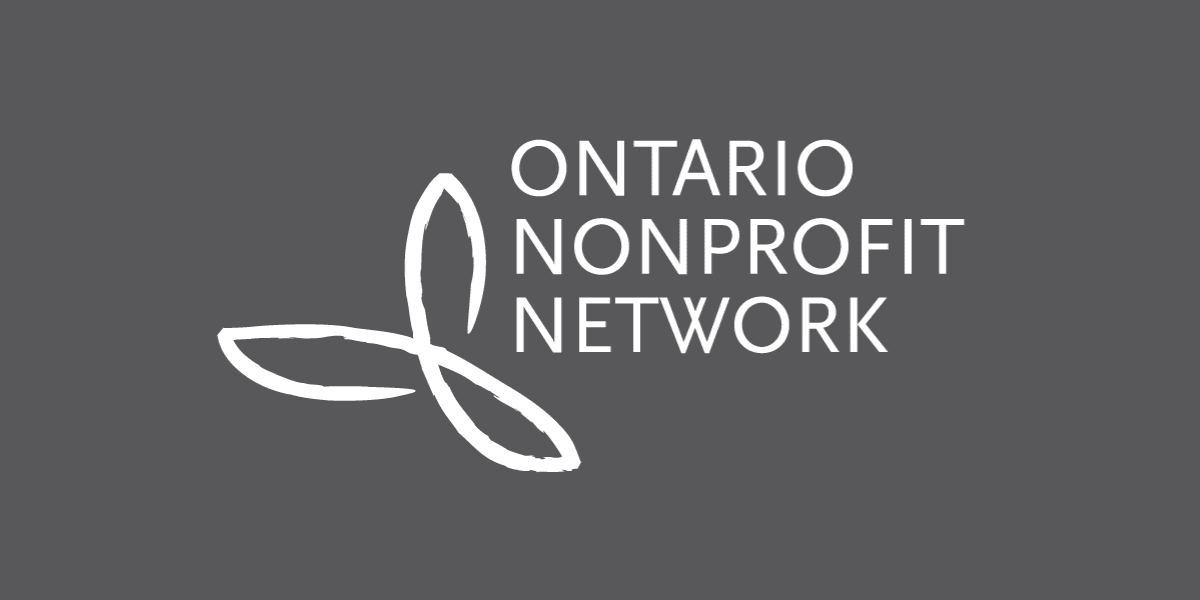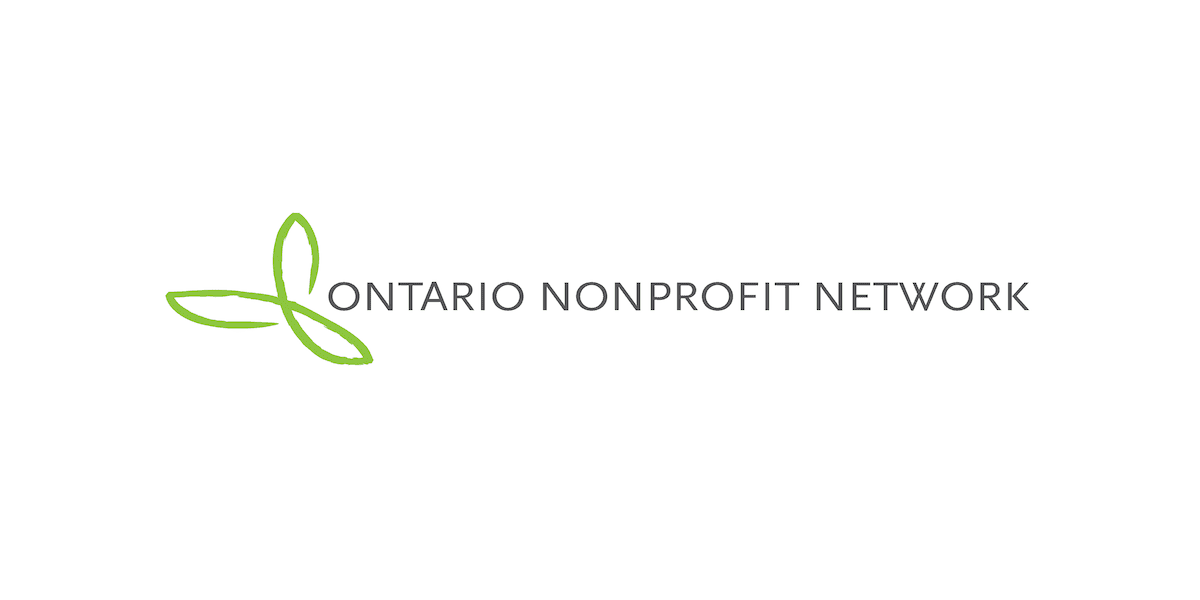
Blog
Sustaining a culture of care for staff and volunteers: Community Literacy of Ontario
Nonprofit service providers often face ongoing challenges trying to maintain services, balance budgets, and ensure their programs are reaching the right people efficiently and effectively. This year’s COVID-19 pandemic has intensified those struggles across the province.
For Community Literacy of Ontario (CLO), supporting staff and volunteers plays a vital role in sustaining the organization – and the work of dozens of other literacy organizations across the province during these times. Joanna Kaattari, CLO co-executive director, describes it as a form of decent work: caring for the carers.
“While we closed our doors in March, the staff and volunteers, who are enormously caring people, very mission driven, they didn’t just stop,” she says. “They would telephone the adult learners or text them, or link with them on Facebook Messenger, because they wanted to keep them motivated for learning.”
Founded in 1994, CLO is a provincial literacy network of 100 community literacy agencies across Ontario, whose office is located in Barrie. After public services were suspended in March, many literacy organizations continued to do outreach with learners, while also planning how to resume operations when the time came.
Open for business, but not business as usual
A survey of community-based literacy and basic skills agencies conducted in April showed that despite reduced capacity due to COVID-19, 90 per cent of responding organizations continued to support learners through various forms of distance learning. “We are so proud of our member organizations,” Kaattari says, referring to their commitment.
Respondents also noted the importance of supporting staff and volunteers during a difficult time. Some raised concerns about morale and mental health, including a sense of helplessness facing such an extensive health and economic crisis.
Kaattari echoes the feeling, as she outlined specific responses to support staff and volunteers.
“The staff are just so caring, they kind of motivate each other and themselves.”
In May and June, CLO, with QUILL Learning Network and other literacy partners, hosted two webinars, called Lean on Me. The May webinar opened up an opportunity for literacy workers across the province to share their feelings, experiences, and methods for coping with the crisis. “Let’s just talk about the challenges and lay them out on the table,” Kaattari says.
In June, the focus switched to supporting adult learners, with an eye towards building stronger supports during the shutdown and after services resume.
Sharing resources to sustain the transition
To help the transition, CLO has put together a number of resources from the Canadian and Ontario governments to help prevent the outbreak of COVID-19 in the workplace, and plan for resuming services.
And to acknowledge the challenges literacy workers have face (and will face this fall), CLO, Literacy Link South Central, Literacy Northwest, and QUILL Learning Network have launched a social media campaign for September, called #ReachOut4MentalHealth, designed to share mental health resources for nonprofits.
“We heard stories from various people in our community, both staff and learners, how they were struggling,” Kaattari says.
“It’s from the literacy community, but they’re resources that anybody can use.”
Facing an uncertain future
Looking ahead, Kaattari says literacy agencies and learners alike face new challenges. Distance learning methods have always been part of the mix (via phone calls, text messages, email, and on platforms such as Zoom, Google Docs, and Facebook), depending on what technology learners are comfortable with and have access to. But as organizations re-open, Kaattari stresses the importance of resuming regular face-to-face interaction, in combination with digital learning.
“We wouldn’t want to lose that aspect of working with vulnerable populations that you need that face to face, that sense that people believe in them, that there’s hope,” she says.
Meeting in-person gives literacy workers a better sense of how learners might be feeling, while also providing a chance to share information about new or nearby programs and services – not easily done through text messages.
Beyond resuming the human touch, economic problems also pose challenges for learners. The brunt of the pandemic has been borne by low-income workers, largely female, and often racialized. The ensuing recession and growing staring on public health and social service systems has meant greater risks for vulnerable groups – a trend that may continue well into any recovery.
“The people that have been hurt the most by job losses are low-skilled workers. And will they get left behind? You don’t hear how they will be reskilled, retrained for the new economy,” Kaattari says.
“People think first and foremost of the educational component. But literacy also connects very directly to the issues that most people in our province care about. There are direct links between literacy and high poverty rates, and literacy and incarceration, and literacy and unemployment.”
Looking to past practices to weather the pandemic
Despite the uncertainty of the future, Kaattari points to tried-and-true literacy-building methods that can help learners. Plain language messaging from health authorities, for instance, can be more effective in preventing new outbreaks. And governments would be well-advised to consider how policy and communications together need to be effective for low-skilled, low-income Ontarians.
“Literacy agencies serve a vulnerable population. Almost half of our literacy clients are on Ontario Works or the Ontario Disability Support Program, and many more are unemployed, so would be on Employment Insurance or Canada Emergency Response Benefit.”
These are often complex, strictly regulated programs, and changes or updates during the pandemic have tended to be issued via online platforms like the web or social media, media that aren’t always accessible to adult learners.
It’s another reason why literacy staff and volunteers have worked so hard to maintain contact with learners.
“We’re serving a vulnerable group of people in the midst of a pandemic,” Kaattari says.
“Being able to access the things that are important in our society is a critical issue with regards to literacy.”
Learn more about literacy in Ontario – and why it matters to every community.






